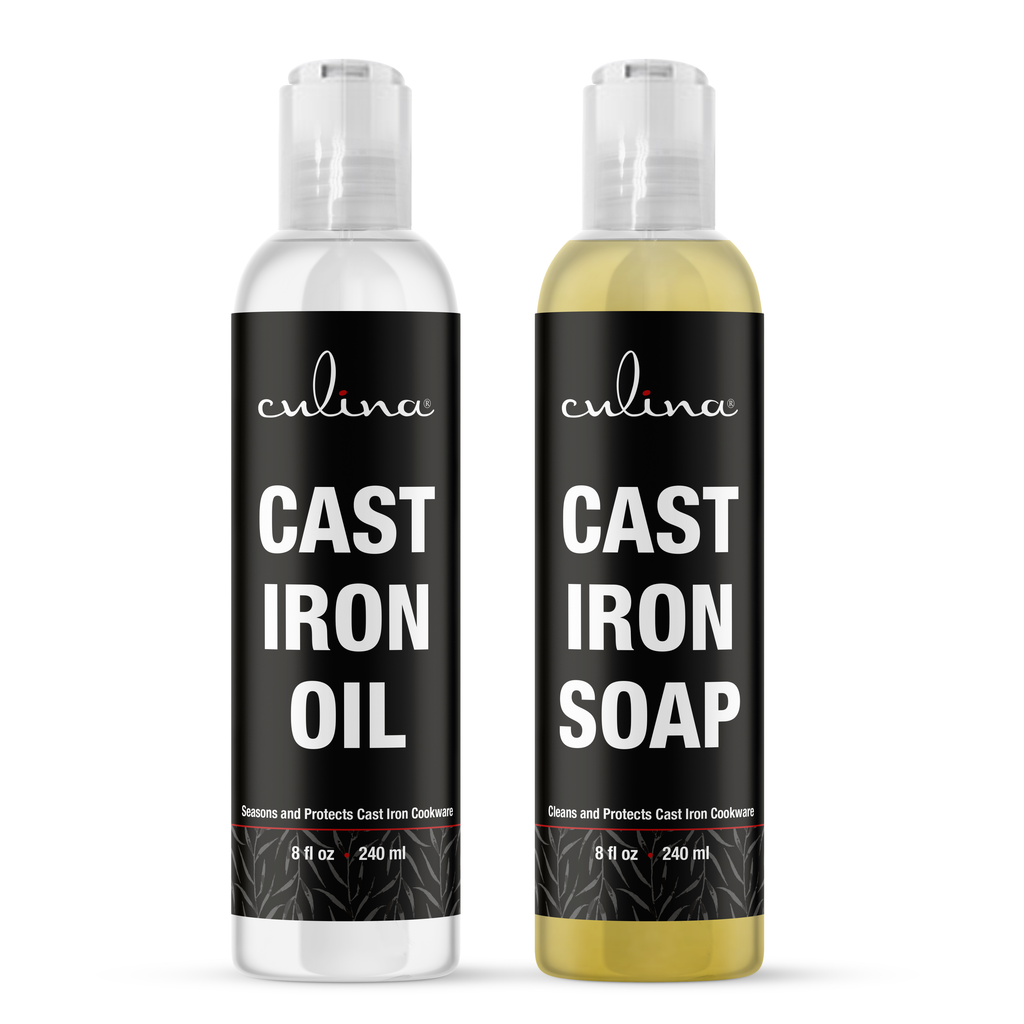Which is Healthier Olive Oil or Avocado Oil for Beauty?
As beauticians, choosing the right oils for our skincare and beauty routines is vital. Two popular options are olive oil and avocado oil. Both oils boast numerous benefits, but when it comes to the question, which is healthier olive oil or avocado oil? lets dig deeper to find out.
Both olive oil and avocado oil are rich in nutrients, making them excellent choices for beauty. However, their compositions differ and can offer varied results. Understanding these differences is essential for beauticians looking to create effective beauty routines for their clients.

Olive Oil: The Ancient Beauty Secret
Olive oil, particularly extra virgin olive oil, has been treasured for centuries for its incredible health benefits. It's high in healthy fats, antioxidants, and vitamins that can provide nourishment to the skin.
According to a recent study, applying olive oil topically can help retain moisture, giving the skin a supple and vibrant appearance.
Nutritional Value of Olive Oil
Olive oil is primarily made up of monounsaturated fats, specifically oleic acid, which is known for its anti-inflammatory properties. Here's a quick breakdown of its key components:
- Monounsaturated fats - beneficial for heart health.
- Vitamin E - essential for healthy skin.
- Antioxidants - help fight free radicals.
:max_bytes(150000):strip_icc()/olive-oil-smoke-point-2000-5cb8e2f7f4a244f2ba3323d23ceaff07.jpg)
Avocado Oil: The Nutrient Powerhouse
Avocado oil is another remarkable oil that has gained popularity in recent years, particularly in the beauty industry. It is extracted from the flesh of the avocado, unlike olive oil, which comes from the fruit's pulp.
This oil is rich in healthy fats, including essential fatty acids, and is particularly beneficial for those with dry or sensitive skin.
Benefits of Avocado Oil
Here are some benefits of avocado oil that make it a staple in many beauty treatments:
- Highly moisturizing - perfect for dry skin.
- Rich in vitamins A, D, and E.
- Contains lutein - promotes skin elasticity.

Comparing the Health Benefits
Skin Hydration
Both oils provide hydration, but avocado oil tends to penetrate deeper into the skin due to its unique fatty acid profile. If you are catering to clients with extremely dry skin, avocado oil may be the better choice.
Anti-Aging Properties
While both oils have antioxidants that fight free radicals, olive oil is well known for its anti-aging effects due to its high content of polyphenols. This makes it a great choice for clients looking to maintain youthful skin.

How They Stack Up in the Kitchen
For beauticians who also have a culinary passion, it's essential to consider the culinary uses of these oils. Olive oil has a high smoke point suitable for cooking, while avocado oil is versatile and can be used in salad dressings or even for high-heat cooking.
For more on using olive oil in the kitchen, check out this guide.
Conclusion: Which to Choose?
The choice between olive oil and avocado oil ultimately comes down to personal preference and skin type. For a beautician, understanding these oils' unique profiles will help in making informed decisions about their applications in beauty routines.
Those wanting robust flavor in cooking with a side of beauty benefits may lean towards olive oil. Meanwhile, avocado oil is the go-to for deep hydration and nourishment. Whether you decide to use either, both oils can enrich a beauty routine significantly.
FAQs
1. Can you mix olive oil and avocado oil?
Yes, combining the two can give you the benefits of both oils, enhancing your skincare or cooking products.
2. Is avocado oil more expensive than olive oil?
Typically, yes. Avocado oil is often more costly due to its extraction methods and lower yield.
3. Can I use olive oil on my hair?
Absolutely! Olive oil can be excellent for your hair, providing moisture and improving shine.
As an Amazon Associate, I earn from qualifying purchases.

